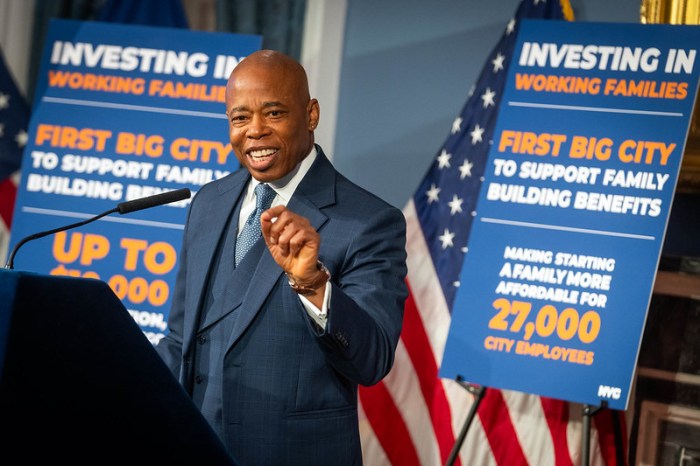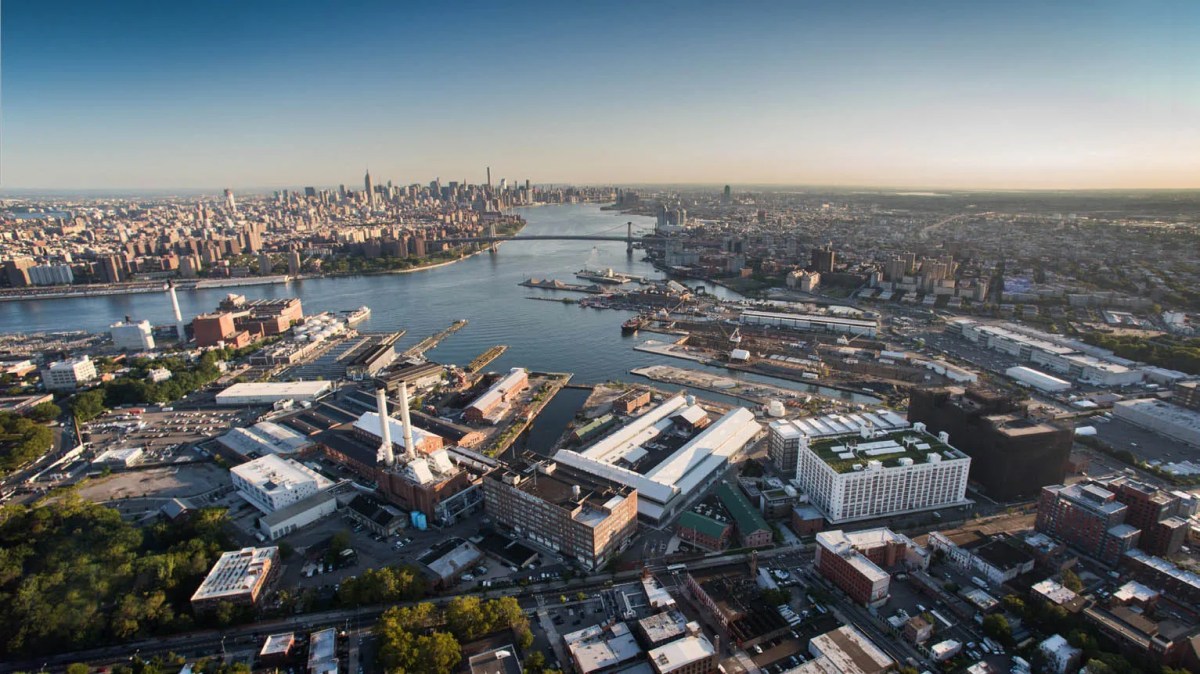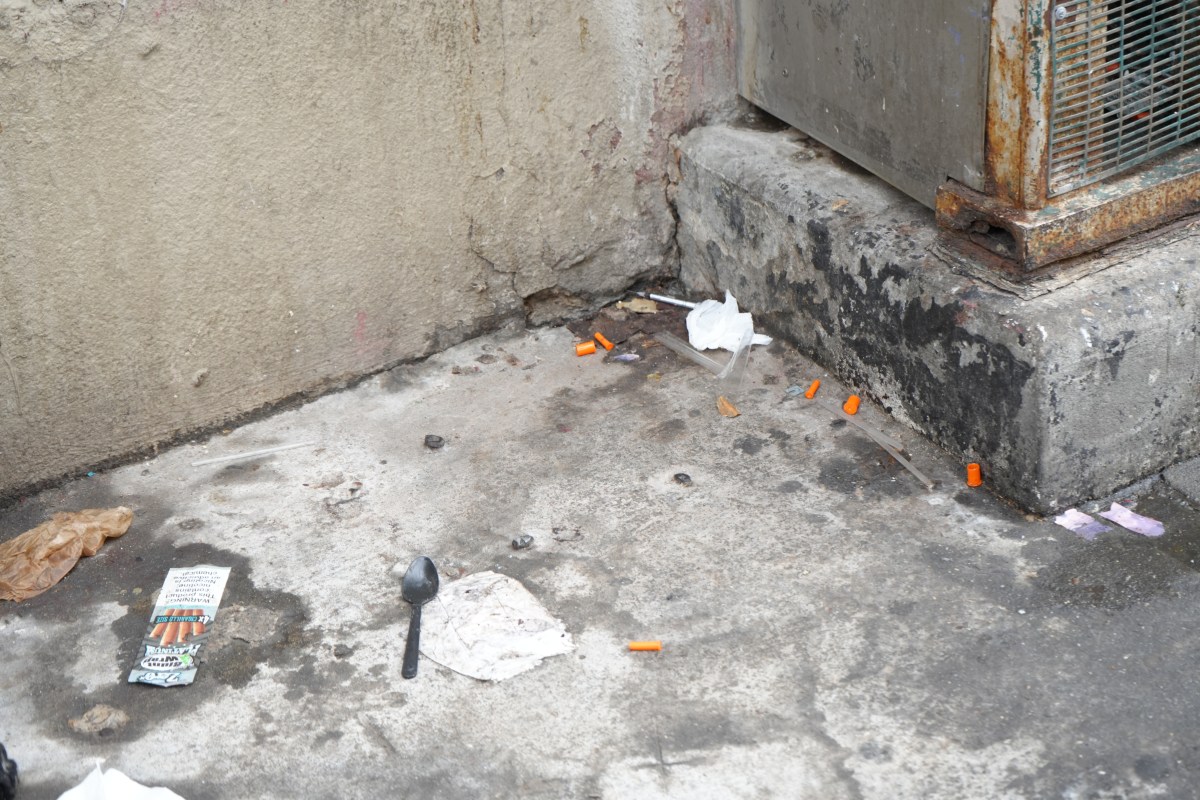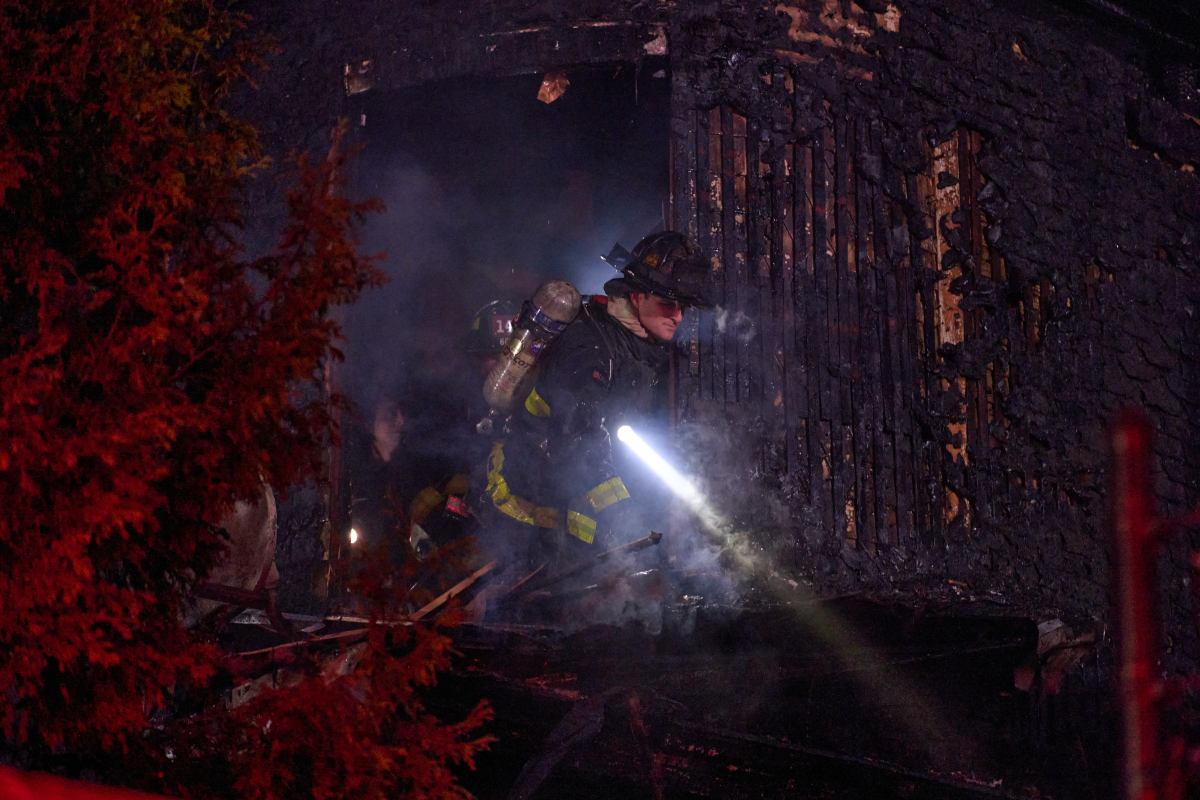I have always been my son Devon’s number-one advocate. That role became increasingly important when he was diagnosed with autism while in preschool and then with schizophrenia when he was in high school. Getting him the services he needed was an endless challenge filled with heartbreaking moments. It shouldn’t have been this hard. We need to do better for all the “Devons” in this city.
It turns out that in our great city, which is filled with abundant resources, there is very little support for people who are dually diagnosed with serious mental health challenges and developmental delays. It’s a national problem: Healthcare providers historically have not considered that individuals with developmental disabilities could have separate mental health conditions. This made it nearly impossible to get Devon the care he needed until a tragic accident opened the door.
When Devon, then 3 years old, was diagnosed with autism, my husband and I tirelessly explored options to provide him with the best education and support. Fortunately, New York City schools have amazing programs for young people like Devon. Even when he began exhibiting symptoms of mental health challenges, we were able to find a specialized public high school that catered to his needs.
But when he turned 21 years old, his time in the supportive public school system ended, and our seemingly endless pursuit of support began. What followed was years of searching, temporary placements, and the stress of finding yet another new program. Nothing worked well or long enough to offer Devon stability.
It wasn’t until a harrowing experience compelled the system to respond that Devon finally got the support he needed.
One day at home he approached me to play, mimicking something he had seen on TV, and unintentionally stabbed me. We were both taken to the hospital, where I expected to find help for Devon’s escalating mental health issues. Instead, without my knowledge and against my fervent wishes, Devon was arrested and sent to Rikers Island, where he spent six months awaiting trial.
When his day in court finally came, the judge recognized that my son needed help, not incarceration. Devon was transferred to a facility upstate, a seven-hour drive from our home in Brooklyn. It was the closest appropriate placement. It took almost a decade, but he was finally stabilized and given the treatment he deserved. The upstate facility provided a temporary stay, and thankfully they worked with me to find Davon appropriate services closer to home.
After nearly a year, Devon was accepted into an Institute for Community Living residential program for individuals with developmental delays and, occasionally, mental health challenges. There, he has the support he needs from a caring and wonderful staff and he’s also learning to be more independent. He’s even doing his own laundry. It’s a skill he happily brings to my home every weekend when he stays with me.
Our story is just one example of the immense challenges faced by families with a loved one who is living with serious mental illness and developmental disabilities. No one should have to endure what we did to access the support and care they deserve. Comprehensive services for people diagnosed with mental health and developmental disabilities should be readily available and easily accessible. I hope that Devon’s needless heartache and struggles lead to an increase in services for others who are in need like Devon.
Lupe Garcia is a Brooklyn resident.




































